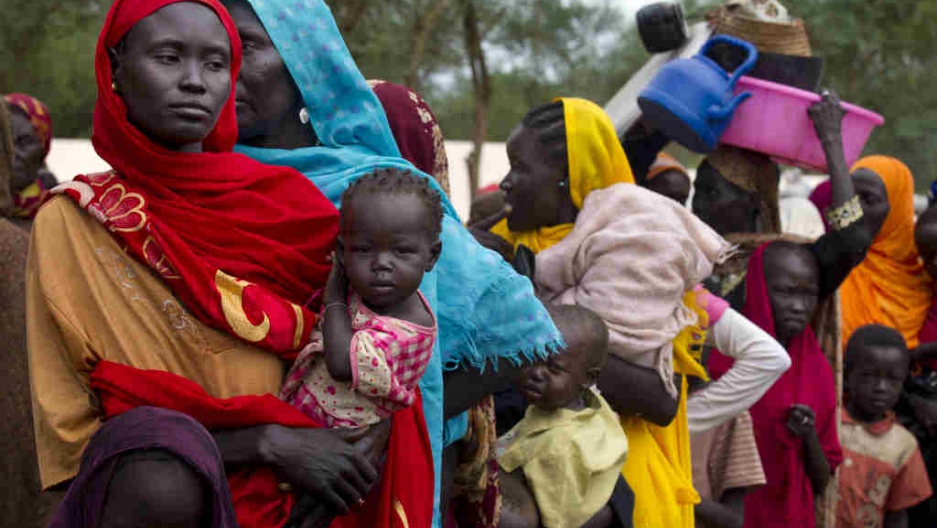- About
- Topics
- Picks
- Audio
- Story
- In-Depth
- Opinion
- News
- Donate
- Signup for our newsletterOur Editors' Best Picks.Send
Read, Debate: Engage.
| located: | South Sudan, Somalia |
|---|---|
| editor: | Bob Koigi |
In a historic development that points to the power of science to bring to justice perpetrators of sexual violence in war-ravaged countries, three men were recently sentenced to death in Somalia for the rape and murder of a 12-year-old girl.
The landmark ruling was a culmination of legal reforms that saw the enactment of the Sexual Offenses Act in the semiautonomous state of Puntland, which sought to criminalise sexual offences and prescribed stiff penalties – including death, serving jail time, and public lashing of the perpetrators. This piece of legislation heralded the introduction of the Forensic Center with modern DNA testing capabilities.
The centre has been a major breakthrough in the conviction of rape cases that were previously thrown out a lack of evidence. This, as numerous international bodies continue to sound the alarm over a disturbing increase in rape cases in the East African nation, which has experienced decades of war. As is the case with all conflicts, rape has been used as a weapon of war, with raped women opting to remain silent due to the stigma that has fanned the heinous acts. The military has often been accused of perpetrating these acts. Bodies like Human Rights Watch describing rape as normal in Somalia where law enforcers pay lip service to investigations.
Women escaping war into displacement camps are more vulnerable to rape in a country where rapists take advantage of the broken system and anarchy. According to data from the Puntland attorney general’s office, out of the 108 rape cases reported in 2016, only 12 percent translated into convictions, with a majority of the cases being dismissed for lack of evidence.
But the enactment of the sexual offences act and forensic science has seen successful convictions rise by up to 30 percent. The reprieve that the forensic lab has provided to rape victims that justice can be delivered – should now inspire the international community and regional bodies to pile more pressure on countries, especially those in conflict, to follow suit if they are truly committed to ameliorate the sufferings of millions of rape victims from Yemen, Afghanistan, South Sudan and Mali. Forensic science remains the ultimate answer.

